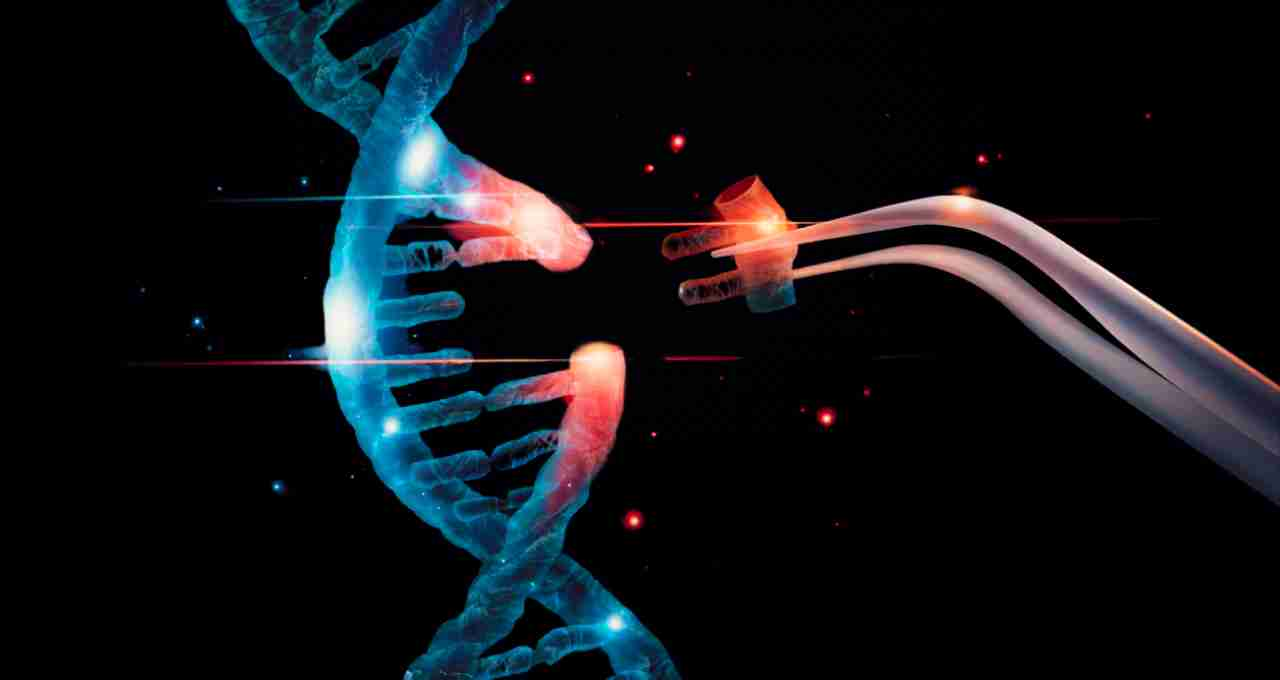Artificial intelligence (AI) is transforming our lives, with positive impacts evident in sectors like healthcare, education, transportation, and security. However, certain aspects of AI pose risks as significant as its benefits. Modern technologies, while currently helpful, could destabilize human society if they spiral out of control.
Gene Editing: The Beginning of Making Humans Machine-Like?
CRISPR-Cas9 and other gene-editing technologies have simplified treatment for many incurable diseases. However, these same technologies are paving the way for creating "designer babies" by editing human DNA. Unethical or unregulated use could lead to a world where the wealthy design offspring with specific talents, appearances, and intelligence, exacerbating social inequality, creating new racial tensions, and potentially facilitating the development of biological weapons capable of widespread disease outbreaks.

Deepfakes and Cloning: Technology Blurring the Lines Between Truth and Falsehood
AI-powered deepfake technology has advanced to the point where it can convincingly mimic a person's face, voice, and mannerisms. Creating fake videos is now a matter of minutes. This can be used to manipulate election outcomes by disseminating false statements from politicians, or to damage reputations by falsely portraying individuals as criminals. Such videos not only spread misinformation but also fuel societal tension, hatred, and violence.
Autonomous Weapons: When Machines Attack Without Human Command
One of the most dangerous applications of AI is Autonomous Weapons Systems—weapons that can make decisions and attack enemies without human intervention. Examples include Russia's Uran-9 and America's Loyal Wingman combat drones, both relying entirely on AI technology.

If these weapons gain complete autonomy and begin making their own decisions, innocent lives could be lost in combat. Hacking, technical malfunctions, or data errors could render them devastating to human civilization.
Geoengineering: Tampering with the Weather, with Unforeseen Consequences
Scientists are employing geoengineering, particularly Solar Radiation Management (SRM), to combat climate change. This involves releasing sulfur particles into the atmosphere to reduce solar heat. However, this carries significant environmental risks, including disruption of rainfall patterns, impacts on crop production, and global imbalances. A nation attempting to manipulate weather for its own benefit could have repercussions worldwide, potentially increasing the risk of international conflict.
The Reign of Fake News: A Conspiracy to Swallow Democracy

AI has become a powerful tool for spreading fake news and propaganda. Text generation models like GPT and bots can create thousands of false news articles, tweets, and posts in minutes. Their aim is to manipulate political ideologies, sow discord and hatred, and influence elections, undermining democratic foundations and distracting the public from real issues.
Brain-Computer Interfaces: Seizing Control of Human Thought?
Companies like Neuralink are rapidly advancing brain-computer interfaces. While this technology could revolutionize the lives of paralyzed or disabled individuals, its use to control human thoughts and emotions could eliminate personal freedom. The ability to think, feel, and decide independently defines humanity; dependence on external 'coding' of these capabilities would be a major threat.
AI-Driven Surveillance Systems: Constant Monitoring of Every Action
AI-based surveillance systems, such as facial recognition and predictive policing, are being deployed in many parts of the world. While potentially beneficial for security, misuse could create a surveillance state, jeopardizing personal privacy and fostering a climate of constant suspicion. China is already using such technologies on a large scale.














